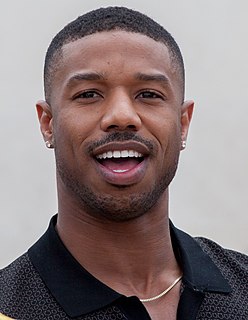A Quote by Michael Crichton
It is especially difficult for modern people to conceive that our modern, scientific age might not be an improvement over the prescientific period.
Related Quotes
A lot of times, people think of Asian culture as some mythical world instead of modern people with modern occupations with modern problems, modern tools. Like, we're not all just talking Taoism and kung fu - some people are just trying to get over their breakup with their boyfriend, and they're Facebook-stalking.
The idea of childhood as a social invention, in retrospect, is hardly credible. In the Bible, in writings of the Greeks and Romans, and in the works of the first great educator of the modern era, Comenius, children were recognized as being both different from adults and different from one another with respect to their stages of development. To be sure, the scientific study of children and the increased length of life in modern times have enhanced our understanding of age differences, but they have always been acknowledged.
Paul Davies takes us on a logically and rhetorically compelling modern search for human agency. This outstanding analysis, well informed by naturalistic views of our evolved affective nature, is the kind of philosophical work that is essential for a field to move forward when ever-increasing findings from modern science are inconsistent with traditional philosophical arguments. This book is for all who wish to immerse themselves in the modern search for free will. It is steeped in the rich liqueur of current scientific and philosophical perspectives and delusions.
It [the scientific revolution] outshines everything since the rise of Christianity and reduces the Renaissance and Reformation to the rank of mere episodes, mere internal displacements, within the system of medieval Christendom. . . . It looms so large as the real origin of the modern world and of the modern mentality that our customary periodization of European history has become an anachronism and an encumbrance.



































